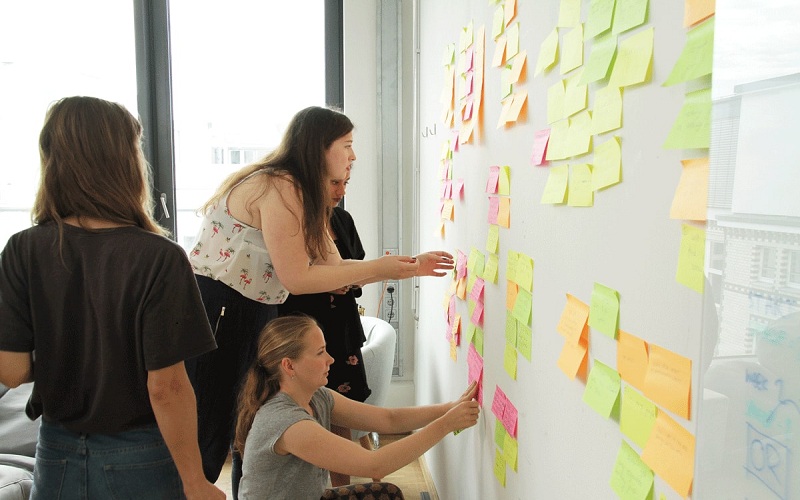It is more crucial than ever to encourage creativity and innovative problem-solving techniques. For businesses and people looking to hone these abilities, design thinking workshops in Singapore have emerged as a potent resource. This essay examines the advantages of participating in a design thinking workshop, emphasising how this all-encompassing experience may change the way you approach problems and spark creative solutions.
Developing Creative Approaches to Solving Problems
The improvement of creative problem-solving abilities is one of the main advantages of participating in a design thinking programme. Participants will learn how to discover underlying demands and pain points and handle difficulties from a user-centred perspective. This mentality change promotes a more sympathetic and comprehensive approach to problem-solving, which may result in more creative and practical solutions. Participants are encouraged to think creatively, experiment, and embrace diversity through a variety of exercises and activities.
Gaining Useful and Implementable Skills
A class centred around design thinking emphasises practical, hands-on learning. Participant experience with the design thinking process is gained through practical exercises like user research, brainstorming, prototyping, and testing. This hands-on method guarantees that participants comprehend design thinking theory and know how to use it in their work. Participants will have created a toolkit of approaches and strategies at the end of the workshop, which they may utilise to address a variety of problems.
Promoting a Growth Attitude
Taking part in a design thinking workshop promotes a growth mindset, in which mistakes and setbacks are viewed as chances for advancement. This way of thinking fosters resilience, adaptability, and ongoing learning, all of which are essential for creativity. Participants get an appreciation for trial and error as well as the knowledge that numerous iterations of testing and improvement are frequently necessary to arrive at a workable solution. This strategy encourages a mindset of constant growth as well as a readiness to take chances and try out novel concepts.
Acquiring Knowledge from Skilled Moderators
Workshops on design thinking are often given by knowledgeable facilitators who bring a wealth of experience and knowledge. These facilitators offer insightful commentary, encouraging words, and support as they lead participants through the design thinking process. Their knowledge ensures that attendees get the most out of the session and develop a thorough understanding of design thinking’s tenets and procedures. For individuals who are unfamiliar with the methodology, this advice is especially helpful since it offers a strong basis for future application.
Professional Development and Networking
It is a great way to network whether you go to a design thinking workshop in Singapore or somewhere else. By connecting with like-minded people from different industries, participants can exchange ideas, best practices, and experiences. These relationships may open up new avenues for professional growth, partnerships, and collaboration. The knowledge and abilities participants acquire from the training also advance their professional development, increasing their effectiveness and creativity in their jobs.
Conclusion
A design thinking workshop has many advantages, such as improving the ability to solve problems creatively, increasing teamwork, creating useful techniques, and supporting a growth mindset. Participants in such a session can stimulate innovation within their businesses, uncover their creative potential, and change the way they approach difficulties. Regardless of your goals—learning new skills, strengthening teams, or just exploring the potential of design thinking—a workshop offers an insightful and rewarding experience.

